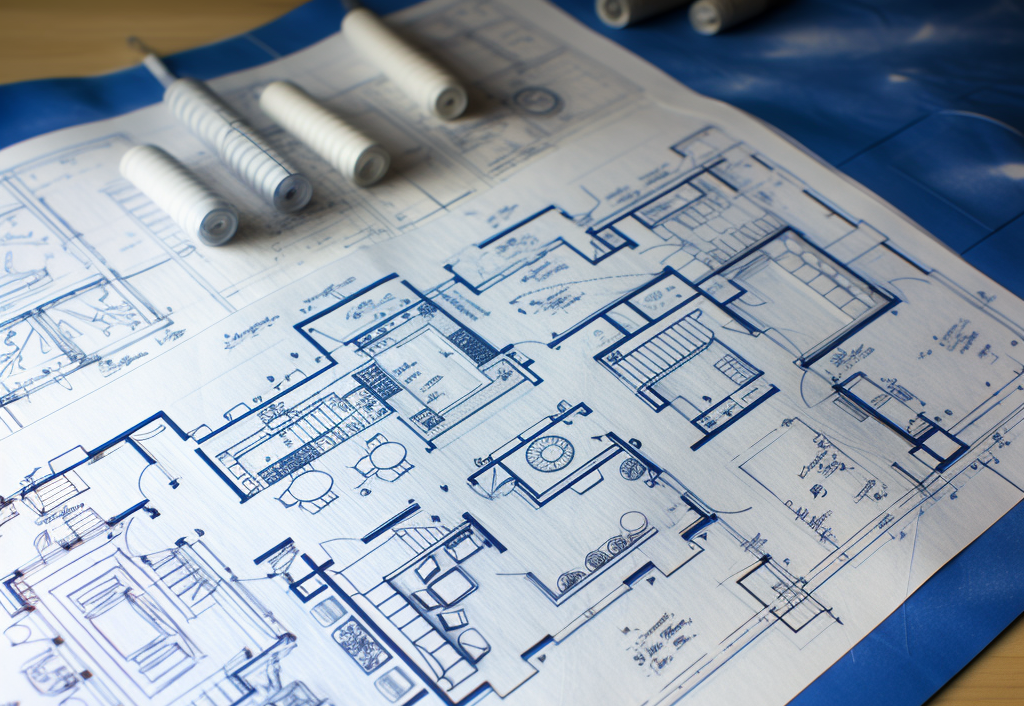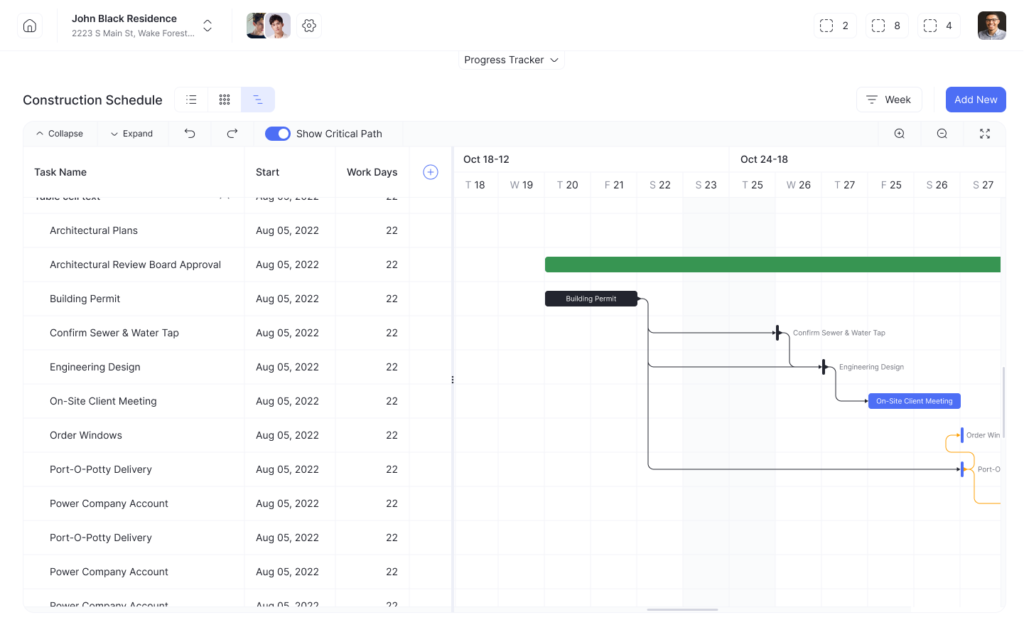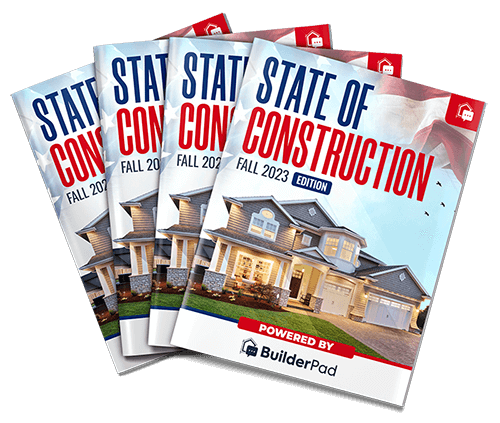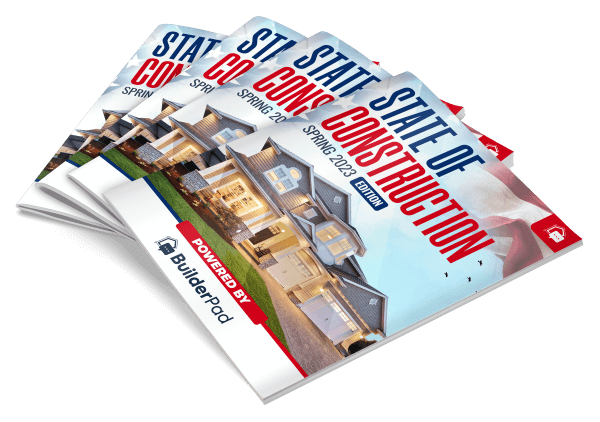In construction management, the pressure to meet or beat deadlines is a constant challenge.
Clients often demand faster completion times, often setting unrealistic deadlines.
This article explores the implications of these rushed timelines, exploring the risks, impacts, and strategies for effective management in the construction sector.
The Rising Trend of Unrealistic Deadlines

The construction industry is witnessing a surge in client demands for quicker project completions.
This trend is fueled by various factors, including market competition, financial incentives, and client eagerness.
However, these accelerated timelines often overlook the practical aspects of construction, such as planning, resource allocation, and quality control.
Impacts on Project Quality and Safety
One of the most significant consequences of unrealistic deadlines is compromised project quality.
Rushed projects may lead to shortcuts in construction practices, resulting in subpar structures that could have long-term safety implications.
Furthermore, the pressure to accelerate work can increase the risk of accidents on-site, as workers may be pushed to work faster, often in unsafe conditions.
Financial and Legal Repercussions
Unrealistic deadlines can also lead to financial strain.
Projects that are rushed tend to go over budget due to the need for additional resources, overtime pay, and potential rework.
Additionally, there are legal risks associated with not meeting contractual deadlines or failing to comply with safety regulations.
Managing Client Expectations

Effective communication is key in managing client expectations.
Construction managers must articulate the realities of project timelines, emphasizing the importance of quality and safety over speed.
Educating clients about the construction process and the ramifications of rushed timelines can help in setting more realistic deadlines.
Builderpad offers efficient tools to visualize the construction management schedule and manage the client’s expectations:

Strategic Planning and Resource Management
To navigate these challenges, strategic planning is crucial.
This involves a thorough understanding of the project scope, realistic scheduling, and efficient resource management.
Leveraging technology, such as project management software, can aid in tracking progress and identifying potential delays early on.
Building a Skilled Workforce
A skilled and well-trained workforce is essential in meeting tight deadlines without compromising on quality.
Investing in training and development ensures that the workforce is equipped to handle the demands of a fast-paced project efficiently and safely.
Innovation and Technology in Construction
Innovation and technology play a pivotal role in managing unrealistic deadlines.
From advanced building materials that speed up construction to digital tools that enhance project management and communication, leveraging technology can be a game-changer in meeting client demands without sacrificing quality.
Conclusion
Unrealistic deadlines in construction management present a multifaceted challenge that requires a balanced approach.
While it is important to meet client demands, it is equally crucial to uphold the standards of quality, safety, and financial prudence.
Through effective communication, strategic planning, workforce training, and the adoption of technology, construction managers can navigate the pressures of rushed timelines while delivering successful projects.
Key takeaways
- Unrealistic project deadlines are becoming more common in construction, driven by market competition and client demands. However, these rushed timelines often overlook practical planning and quality control.
- Compressed schedules can compromise quality and safety – critical considerations in construction. There are also financial and legal risks from failing to meet deadlines or regulations.
- Managing client expectations through clear communication is vital. Educating clients on realistic time frames and the tradeoffs between speed and quality is key.
- Careful planning, resource management, and workforce skills are essential to balance quality and accelerated pacing. Leveraging technology can optimize progress tracking and coordination.
- Innovation in building materials, project management platforms, and communication can help the industry adapt to demands for faster project delivery while managing risks.
- Construction leaders need a balanced approach, upholding quality and safety standards while also meeting client timeline expectations whenever realistically possible. Open client communication, deliberate planning, strategic workforce development and adoption of technological tools are key.







